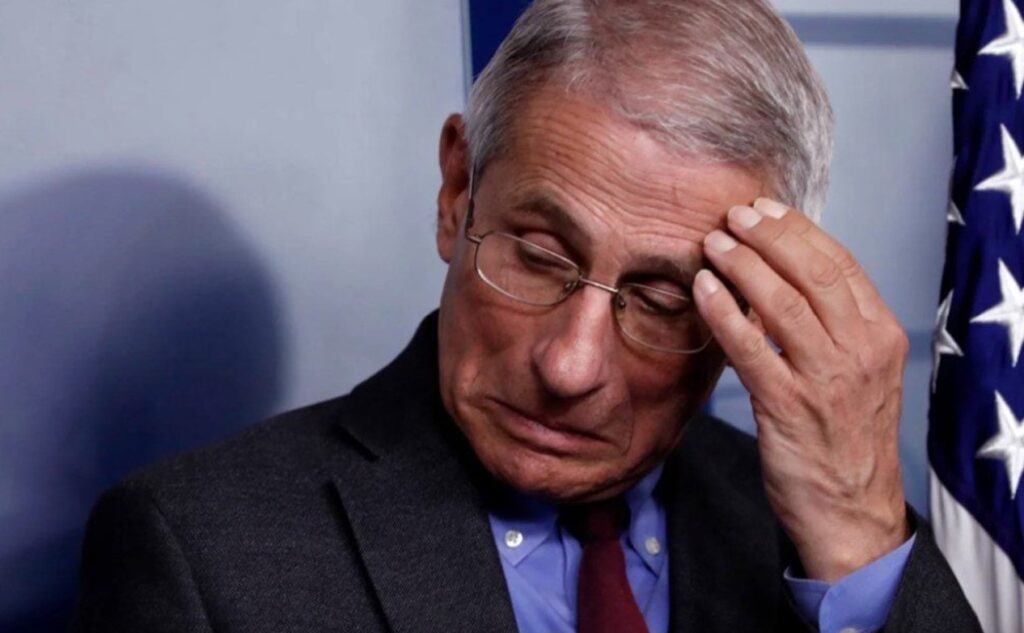Dr. Anthony Fauci, who joined Georgetown University as a “distinguished university professor” in the summer of 2023, has recently faced increased scrutiny over his apparent lack of involvement in academic teaching. Fauci’s title, which is regarded as the university’s highest honor, was expected to leverage his extensive experience in infectious diseases and public health into mentoring and education. Georgetown President John J. DeGioia acknowledged Fauci’s humanitarian contributions and public service, expressing gratitude for his anticipated guidance to students in critical areas affecting global health. However, despite this high-profile appointment and notable background, reports indicate that Fauci has yet to teach a single formally recognized course at the university.
The lack of traditional teaching from Fauci raises concerns, especially in light of the promise made by the university when they announced his appointment. Critics pointed out that no instances of Fauci conducting classes can be found in Georgetown’s course catalogs, indicating he has not been listed as an instructor since his appointment. Furthermore, inquiries into whether Fauci has engaged in research at the university remain unanswered, further fueling speculation regarding the substance of his role. Although Fauci himself noted in 2023 that his strength lies in experiential learning rather than lab work, his apparent preference for alternative educational activities has led some to question the effectiveness of his contribution to the institution.
Instead of delivering standard courses, it seems that Fauci has opted for a less conventional format, conducting lectures, seminars, and informal talks for students across various disciplines at the university. This shift from traditional teaching roles has led to mixed reactions, particularly in light of Fauci’s past as a prominent public health leader during the COVID-19 pandemic. Many have criticized his approach to the pandemic response and are debating whether a series of less formal engagements fulfills the expectations associated with his high-ranking academic position.
Fauci’s controversial tenure as the face of the pandemic response has understandably led to scrutiny regarding his professional integrity and effectiveness. Recent assessments have highlighted various allegations against Fauci and other public health officials stemming from their management of COVID-19 protocols. Organizations like The Vires Law Group have initiated criminal referral requests to Louisiana district attorneys, aiming to investigate alleged mismanagement and suppression of life-saving treatments during the pandemic. Such developments underscore a broader distrust in health leadership, and Fauci, as a central figure, finds himself bearing much of the responsibility for the perceived failures.
Additional scrutiny emerged following the release of documents by The Intercept, which detailed controversial funding for gain-of-function research that Fauci and former NIH Director Dr. Francis Collins allegedly misrepresented. The conversation around Fauci further intensified when Robert F. Kennedy Jr. publicly discussed potential financial kickbacks connected to vaccine manufacturers like Moderna during a media appearance. Such claims have contributed to an environment where transparency and accountability are demanded from those at the top of public health hierarchies.
Fauci’s financial trajectory post-retirement also garners attention. As the highest-paid federal employee, with an annual salary of $480,654 and an estimated net worth exceeding $11 million, he is set to receive substantial retirement benefits. Reports indicate that over recent years, he has also benefitted from multimillion-dollar taxpayer-funded security services, leading to questions about the allocation of public resources and ethical considerations surrounding his new academic appointment. This blend of financial and professional scrutiny continues to shape the public’s perception of Fauci as he navigates his post-government career at a prestigious academic institution.

